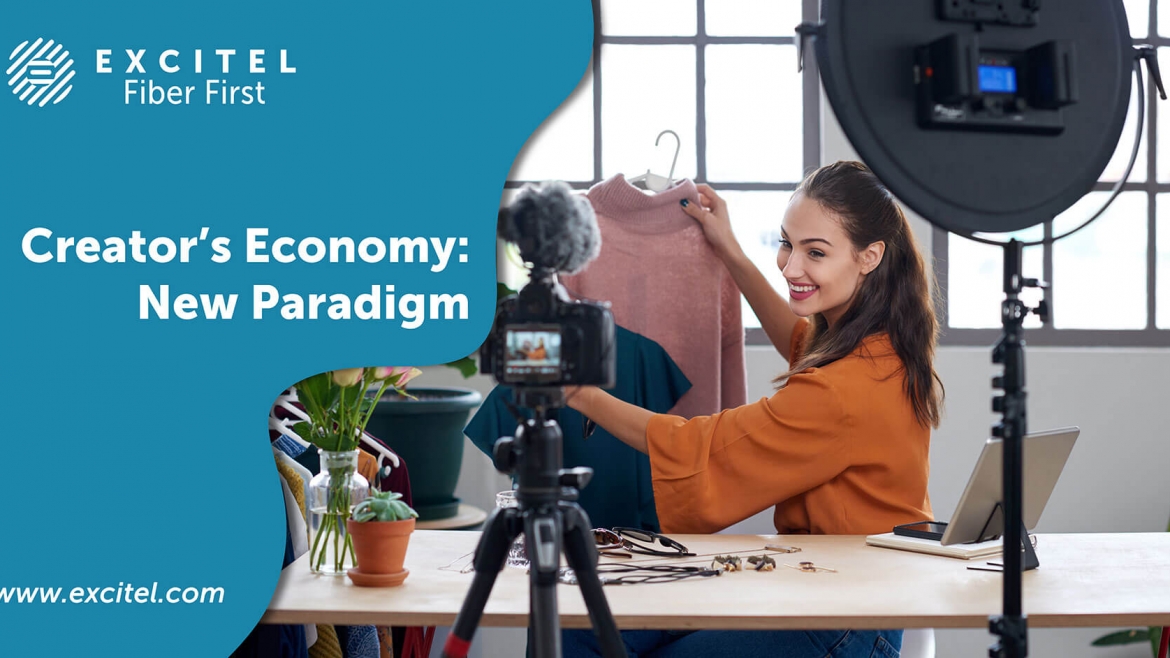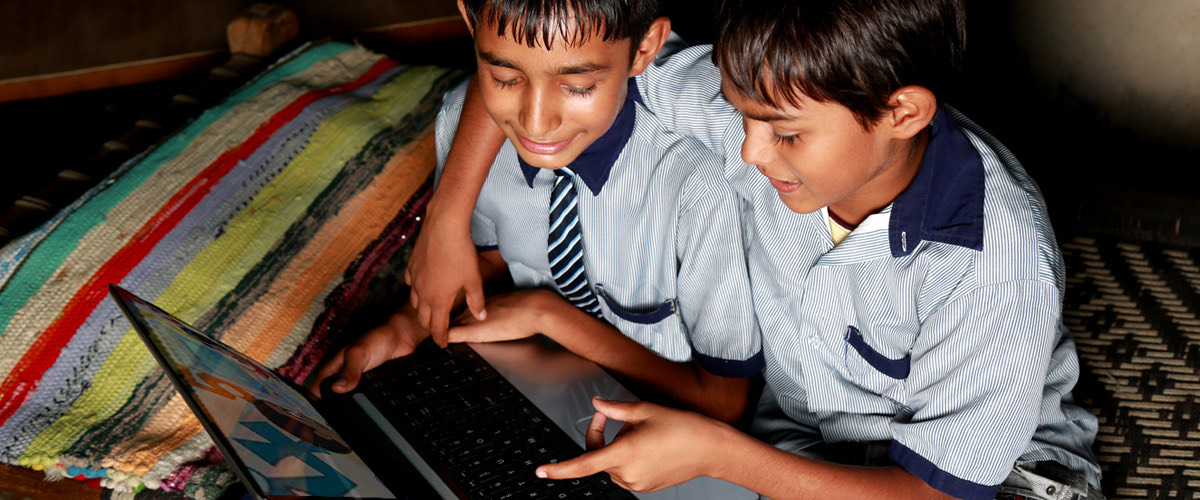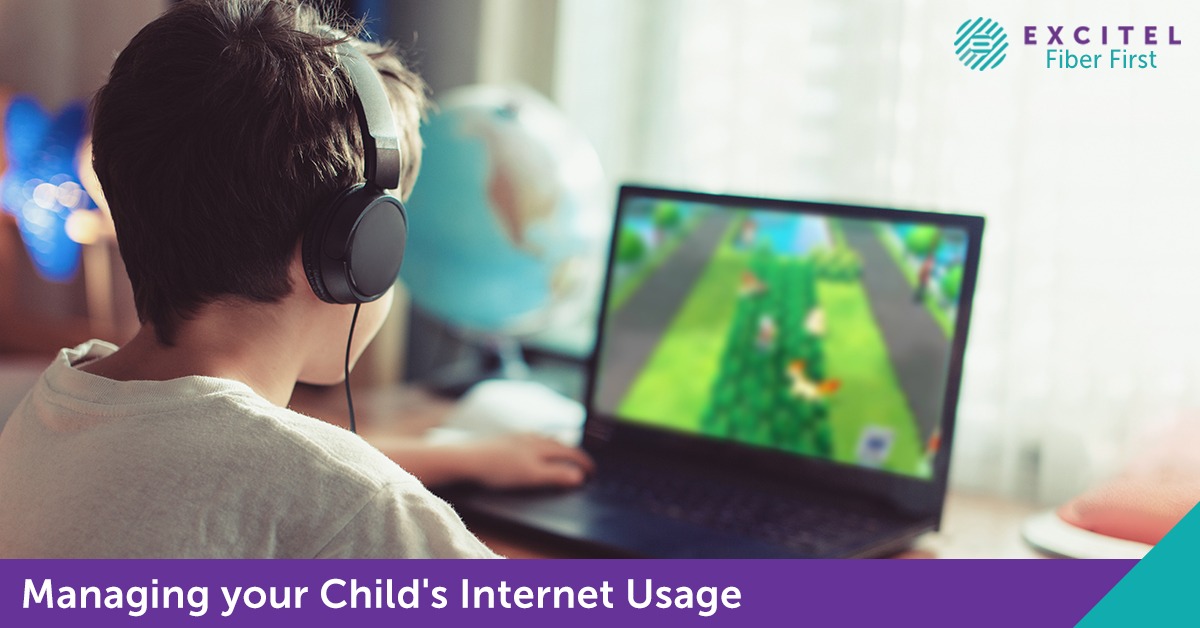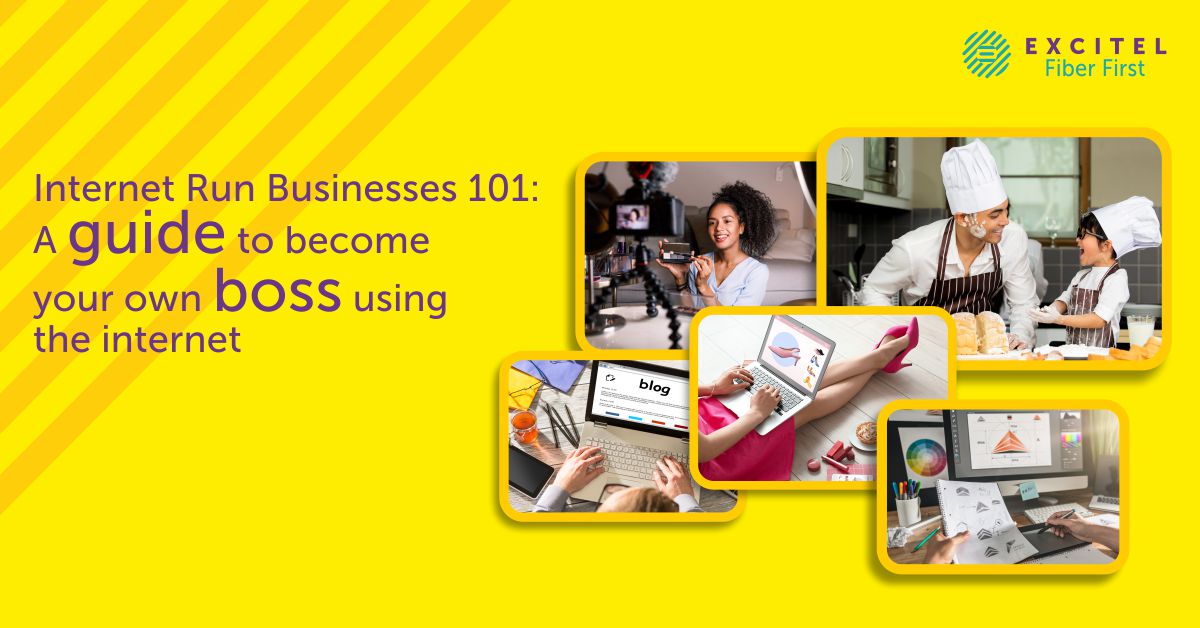Social media platforms have taken the world by storm. Right from Orkut way back in the day to new-age platforms like Instagram and Twitter, these social media portals have changed the way we interact with one another. With the internet connectivity in India strengthening in recent years, the penetration of social media in the country has seen a steep rise. Statistics show that digitization in the country coupled with affordable data prices has equipped around 462 million people to actively use the internet. Of these, around 250 million users are active on social media.
YouTube, Facebook, and WhatsApp appear to be the social media of choice in the country. Given the prevalence of these platforms, it leads us to one important question – how does social media affect the mental health of its users? Let’s break it down.
The positive impact of social media on mental health
Social media usage can benefit users in many ways. When used appropriately, the mental health of social media users can be impacted positively. Let’s see how.
1. Social media usage can combat loneliness:
Human beings are social animals, as the popular line of thought goes. We each need varying levels of human interaction to thrive. And by offering you a chance to connect with other people and pages on social media, these platforms help combat isolation and loneliness, encourage healthy interaction, and foster connections. This can be particularly valuable for people who are homebound and do not interact a lot with others daily.
2. It raises awareness about relevant issues:
Social media usage can also increase people’s awareness about important issues that are relevant in the day. It helps make a positive difference in the world this way, and that, in turn, can be very gratifying. While at it, social media platforms also help raise awareness about mental health issues, which is a big win.
3. Social media can foster healthier relationships:
Social media platforms have revolutionized the way we create new relationships and maintain them. When used right, it can help you form and foster meaningful relationships with people from all over the world. It helps you connect with like-minded folks, which in turn is likely to boost your mental health.
The adverse impact of social media on mental health
Even given the benefits discussed above, there’s no denying that social media usage does come with a flip side. Inappropriate or unmoderated usage can affect mental health adversely.
1. It can prove to be addictive:
Getting increasingly addicted to social media decreases the user’s connection with their reality. Which, in turn, can lead to a neglect of their personal life, escapism, and even mood imbalances. None of these spells’ good news for mental health. So, addictive and excessive social media usage is certainly something to watch out for.
2. Increased social media usage may be linked with depression:
One of the worst downsides to unmoderated social media usage is that it could lead to depression. A study published in the Journal of Depression and Anxiety revealed that people who used social media the most were around 2.7 times more likely to be depressed than people who used the least.
3. It could lead to a feeling of insufficiency
People put the best parts of their lives on social media. Constantly looking into the highlight reels of the best parts of other people’s lives can lead to a feeling of insufficiency with their own lives, for many users. Which, in turn, could impact mental health negatively and lead to a sense of inadequacy.
How can you protect your mental health in this era of widespread social media usage?
Since social media usage can be a double-edged sword, it’s always a good idea to take measures to protect your mental health. Here are some ideas that can help.
1. Monitor your screen time:
Set limits on your screen time, so you can ensure that it doesn’t affect your mental health too much.
2. Take control of your social media feed:
You can choose what tags, pages, and accounts to follow, so ensure that you make the most of this level of control that you’ve got.
3. Block keywords that act as triggers:
Many social media platforms also allow you to block keywords that could act as a trigger for you. You can leverage this feature to make your feed more positive.
4. Take a break when you need it:
Lastly, if you feel it’s getting a bit overwhelming, remember that you can (and should) always take a break.
Conclusion
With these things in mind, you can exercise more control over the impact of social media on mental health. Do remember that there are two sides to the story, and it’s always possible to take the well alone and make the most of the positive effects of social media platforms. All things in moderation are the mantra to stick by.






